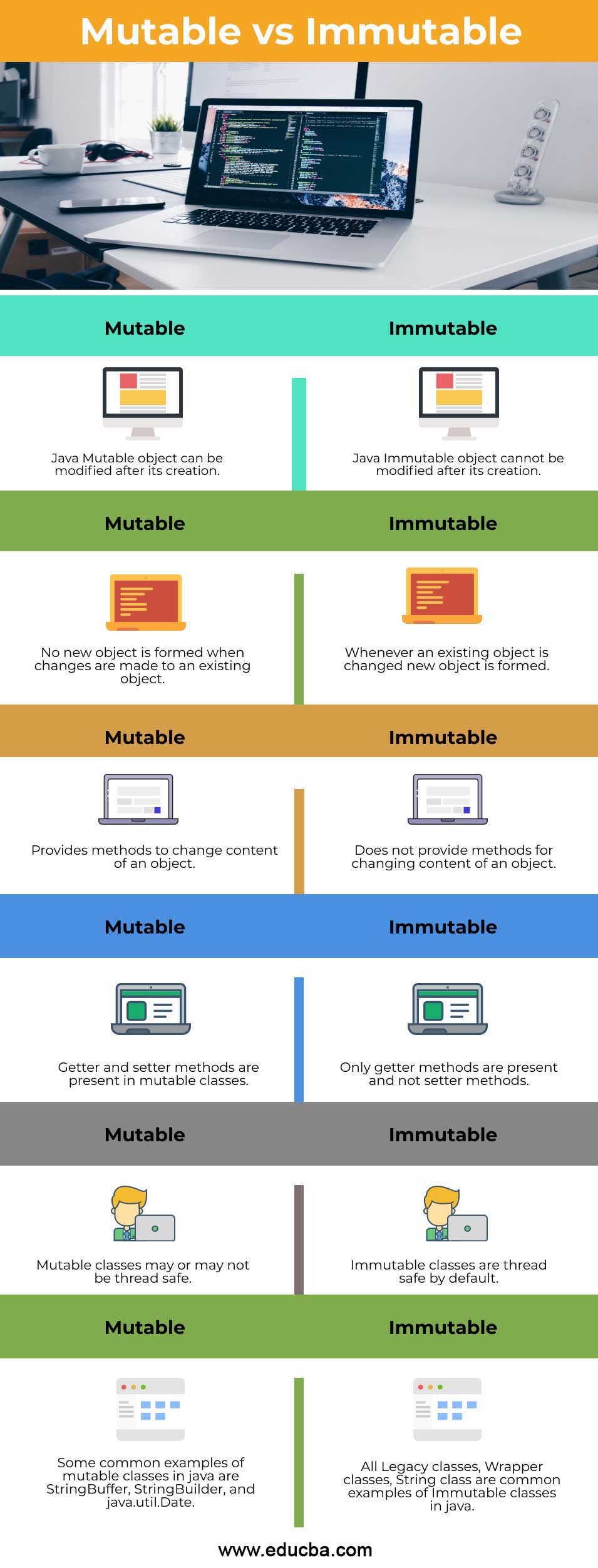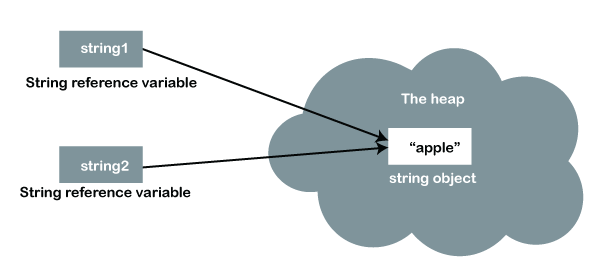Why Are Strings Immutable in Java? Secret Factors and Advantages Explained
The Advancement of Immutable String Handling: An Essential Element of Software Program Growth
In the intricate world of software program advancement, the handling of unalterable strings stands as a foundation that has undertaken considerable advancement in time. From its modest beginnings to the complicated tests run into in very early executions, the journey of unalterable string manipulation has been a crucial facet of software application design. As we browse with the historical landscape of this essential principle, tracing the improvements, safety implications, and emerging fads, we locate ourselves at a point where the innate worth of recognizing this evolution comes to be progressively evident.
Beginnings of Immutable Strings
When programmers looked for to improve the dependability and safety and security of data managing systems,The idea of immutable strings traces back to the very early days of programming languages. Unalterable strings describe strings that can not be altered after they are produced. This essential concept was introduced to address concerns concerning data honesty and protect against unplanned alterations to essential details kept as strings.

Furthermore, immutable strings add to enhancing the general safety of software application systems (Why are strings immutable in Java?). By avoiding unapproved events from tampering with delicate string data, immutable strings aid minimize the danger of data breaches and unauthorized accessibility to private information. This fundamental idea continues to play a critical function in modern shows languages and remains a cornerstone of secure and durable software application advancement methods
Early Obstacles and Solutions
One of the key challenges in managing immutable strings was handling memory successfully. Additionally, guaranteeing that strings stayed unchanged proved to be complicated, specifically when numerous parts of the codebase needed to accessibility and modify information.
To address these challenges, programmers started carrying out data file encryption techniques to protect delicate info stored in unalterable strings. By incorporating encryption and hashing approaches into the handling of unalterable strings, designers substantially boosted the safety and reliability of information within software application systems.

Developments in String Immutability
In software application advancement, a remarkable evolution in the handling of unalterable strings has emerged through advancements in information encryption and hashing strategies. By utilizing safe hash algorithms like SHA-256 or cryptographic techniques such as AES encryption, developers can make certain that delicate information stored in unalterable strings stays tamper-proof and secure. These developments have actually boosted the stability and confidentiality of information within applications, especially in markets where information safety is critical, such as medical care, financing, and cybersecurity.
In addition, advancements in string immutability have actually led link the way for boosted performance optimization. Unalterable strings permit extra effective memory monitoring and caching methods, decreasing the overhead related to constant string manipulations (Why are strings immutable in Java?). This optimization not just improves the general responsiveness of software applications however also adds to better scalability and resource application
Safety Effects and Finest Practices
With the foundation laid by improvements in string immutability, recognizing the safety and security effects and implementing finest techniques ends up being vital in guarding sensitive data within software application applications. Unalterable strings play an important function in enhancing safety by protecting against unauthorized modifications to data, ensuring information stability throughout the application's lifecycle. By using unalterable strings, programmers can mitigate common vulnerabilities such as shot assaults, barrier overflows, and information meddling, which are usually exploited by malicious stars to endanger systems.
This includes encrypting information at rest and in transportation, carrying out proper gain access to controls, using safe coding methods, and consistently updating software program elements to patch known vulnerabilities. By integrating these safety and security actions and finest techniques into software program advancement processes, organizations can much better safeguard their information possessions and decrease the risk of security violations and data leakages.
Future Trends in String Handling
In the middle of the ever-evolving landscape of software advancement, the trajectory of string handling is positioned to witness significant developments and technologies. One of the crucial future trends in string handling is the enhancing emphasis on performance optimization. As software applications proceed to expand in complexity and scale, the effective handling of strings comes to be essential for preserving optimal performance. Programmers are exploring new formulas and information structures to boost the speed and efficiency of string description operations.
Additionally, one more pattern on the perspective is the assimilation of fabricated knowledge (AI) and artificial intelligence (ML) in string handling tasks. AI-powered tools are being developed to automate and streamline different string internet adjustment procedures, bring about raised performance and precision in software program growth workflows.
In addition, there is an expanding focus on enhancing the protection elements of string taking care of through advanced encryption methods and protected coding practices. As cyber threats remain to evolve, guaranteeing the stability and privacy of data within strings is becoming a leading priority for developers. By taking on robust security actions, such as security at rest and en route, programmers can alleviate the dangers connected with string manipulation vulnerabilities.
Verdict
To conclude, the evolution of unalterable string handling has been an essential element of software application development, beginning with its origins to the advancements made over the last few years. Early difficulties have actually been attended to through ingenious solutions, bring about enhanced protection methods in handling strings. It is vital for designers to remain updated on the most up to date trends in string immutability to make sure the robustness and safety of their software applications.
Immutable strings refer to strings that can not be altered after they are developed. Why are strings immutable in Java?. By stopping unapproved parties from meddling with delicate string data, immutable strings help minimize the risk of information violations and unauthorized access to personal information. By integrating security and hashing approaches right into the handling of immutable strings, developers substantially boosted the safety and security and dependability of information within software program systems
Immutable strings enable for a lot more reliable memory management and caching techniques, minimizing the expenses connected with frequent string manipulations. Immutable strings play a critical role in enhancing safety and security by stopping unapproved modifications to information, making certain information integrity throughout the application's lifecycle.